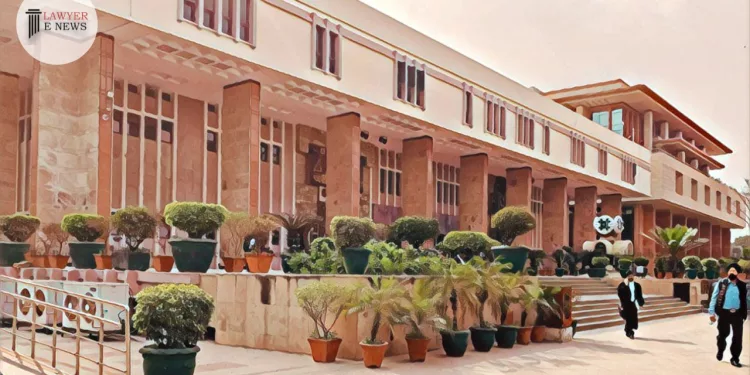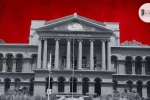Equal Pay for Equal Work Must Be Ensured: Delhi High Court, Upholds Tribunal’s Order on Pay Parity

The Delhi High Court has upheld the Central Administrative Tribunal’s (CAT) order mandating the Union of India to rectify pay disparities among ministerial staff following the reorganization of the Directorate General of Security (DGS). The court’s decision underscores the need for the government to address historical inequalities in pay and benefits between different cadres within the DGS.
The case originated from a petition filed by the Union of India challenging the CAT’s order dated March 17, 2014. The CAT had directed the Union of India to devise a package to address the pay disparities that arose following the trifurcation of the DGS in 2001. This reorganization affected ministerial staff, who were divided into different units without an opportunity to choose their preferred postings, leading to claims of discrimination and disadvantage.
The High Court validated the CAT’s order, emphasizing that the CAT had acted within its jurisdiction to address pay parity issues, which were not covered by the Supreme Court’s earlier validation of the trifurcation policy.
The court rejected the argument that the respondents’ claims were barred by limitation, noting that the issue of pay scales constitutes a continuing cause of action.
Pay Parity Concerns:
The primary issue addressed was the disparity in grade pay among Assistants in different units. The CAT had ordered that the respondents, who were in a lower pay grade, should be brought to parity with their counterparts in other units.
The respondents had also sought the continuation of special allowances provided to some units but not others. The CAT and the High Court noted that the government must address these disparities to ensure fairness and equity among all staff members.
The court reaffirmed that the CAT had the competence to address issues of pay parity and that its directives were within legal bounds. The tribunal’s focus on resolving practical disparities was upheld as necessary and justified.
The court highlighted the government’s obligation to rectify the identified pay disparities and directed it to take concrete steps within a specified timeframe. The decision underscored the principle that administrative decisions must not result in unjust treatment of employees.
Justice V. Kameswar Rao, delivering the judgment, stated, “The decision taken by the petitioners must also keep in mind, the fact that the SOs / PSs have been granted grade pay of ₹4,800/- with a further grade pay of ₹5,400/- after completion of four years and also the fact that the said grade pay of ₹4,800/- is two stages above grade pay of ₹4,200/-, which the petitioners are drawing”.
The Delhi High Court’s decision underscores the judiciary’s role in ensuring administrative fairness and equity. By directing the Union of India to address pay disparities and implement the CAT’s recommendations, the judgment reinforces the principles of equal pay for equal work and fair treatment of all employees. This ruling is expected to have significant implications for future cases involving administrative reorganization and employee rights.
Date of Decision : May 27, 2024
Union of India & Anr. vs. Tapash Basak & Ors.






